Beanpole
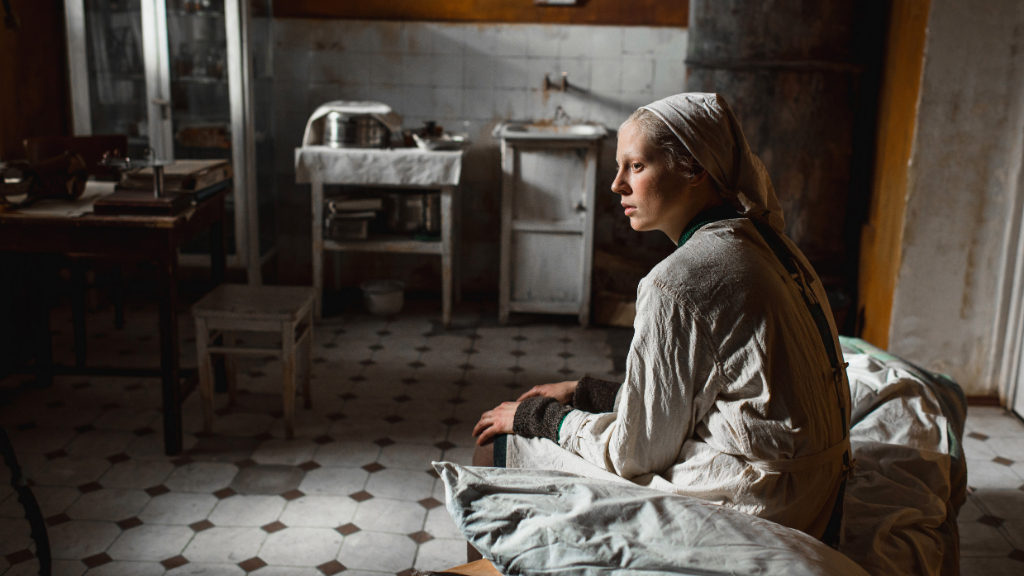
This is a wonderfully wrought drama from Kantemir Balagov, one exquisitely framed and controlled. The relationship between two women exists on the edge of a blade, producing an anxiety and sickness that appears ethically dubious. The main trauma is so appallingly depicted it demands to be aesthetically and intellectually justified. You curse the fact you looked. It asks to be made sense of.
That Balagov succeeds in doing so singles him out as a precocious talent. His excellent previous film Closeness was marred by appeals to real violence. The violence in Beanpole is a manifest creation, but it’s more profound when framed in this expertly detailed environment. A later trauma, one enacted on all of the participants, dares to challenge the tormenting moment of the first act. These scenes are unforgiving but composed deliberately and conscientiously.
Leningrad, 1945: the war is over but the devastation is not. In a hospital ward for the injured, heroic or otherwise, Iya (Viktoria Miroshnichenko) now acts as nurse and carer, friend and attendant. She also looks after a child, one apparently her own. She‘s made noteworthy for her lanky frame, embodying the affectionately named “beanpole” of the title. Her dismissal from the army is predicated on her condition, this consisting of unanticipated fits that render her frozen and inaudible bar a disquieting croak.
Iya’s close friend Masha (Vasilisa Perelygina) returns from combat, prepared to renew their bond. Masha has a particular interest in the child. The main trauma detonates between them, causing a bewitching twist of hierarchy and subordination, depicted through outrageous one-upmanship, undoubted acts of love and desolate ways of seeing. To observe how people look at each other is to dare to interpret the interior. But there is an acute barrenness to these characters that precludes a desire to decipher their motives.
Cinematographer Ksenia Sereda shapes a harrowing setting, murky and gorgeous, often enhanced and diminished through candlelight. One scene follows the doctors through the halls, the stunning ochre turning backdrop into foreground. Everywhere this film is alert to textures and their effect on eyesight. Condensation on the train window obscures who we think is mother and daughter, an eerie portent of later deceptions. An incriminating act is viewed fixedly from a nearby hospital bed.
Birth and rebirth form the central thematic components. The war is never over. How to rebuild? At a personal level, these two women need to fill the chasm, to have something inside them. They use men as instruments to diminish self-hatred, to restore purpose. Both actors rely on their gazes: emptiness is rarely conveyed so convincingly, so grippingly. To reproduce is to go on, to manufacture a purposeful existence. It’s testament to the film’s complexity that you have little idea what such an existence could look like.
Joseph Owen
Beanpole does not have a UK release date yet.
Read more reviews from our Cannes Film Festival 2019 coverage here.
For further information about the event visit the Cannes Film Festival website here.
Watch the trailer for Beanpole here:


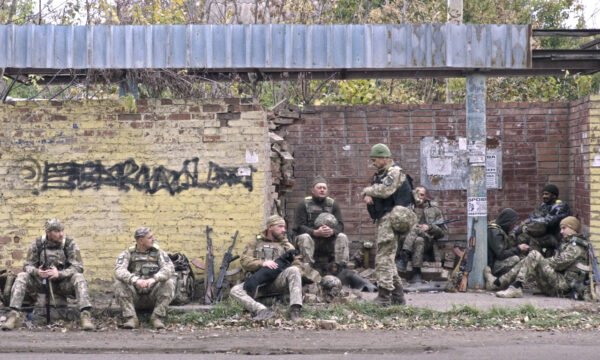

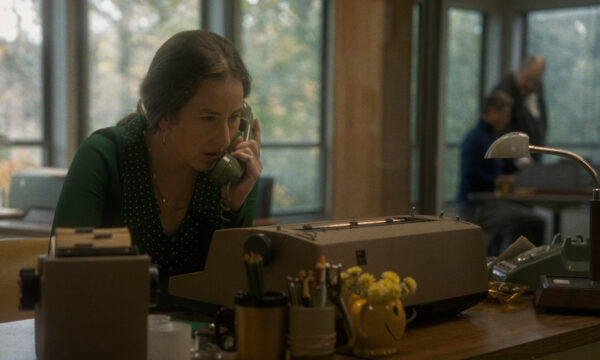



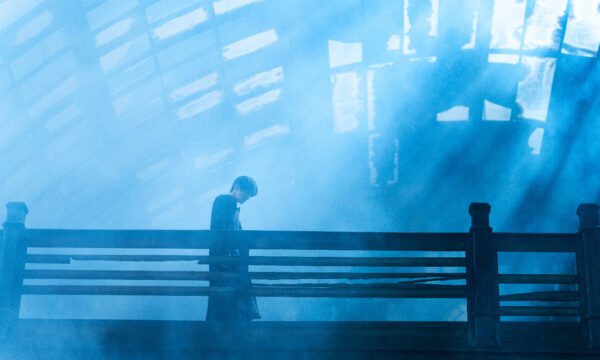
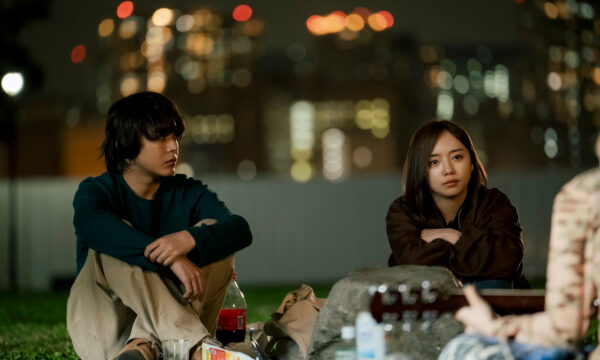















Facebook
Twitter
Instagram
YouTube
RSS